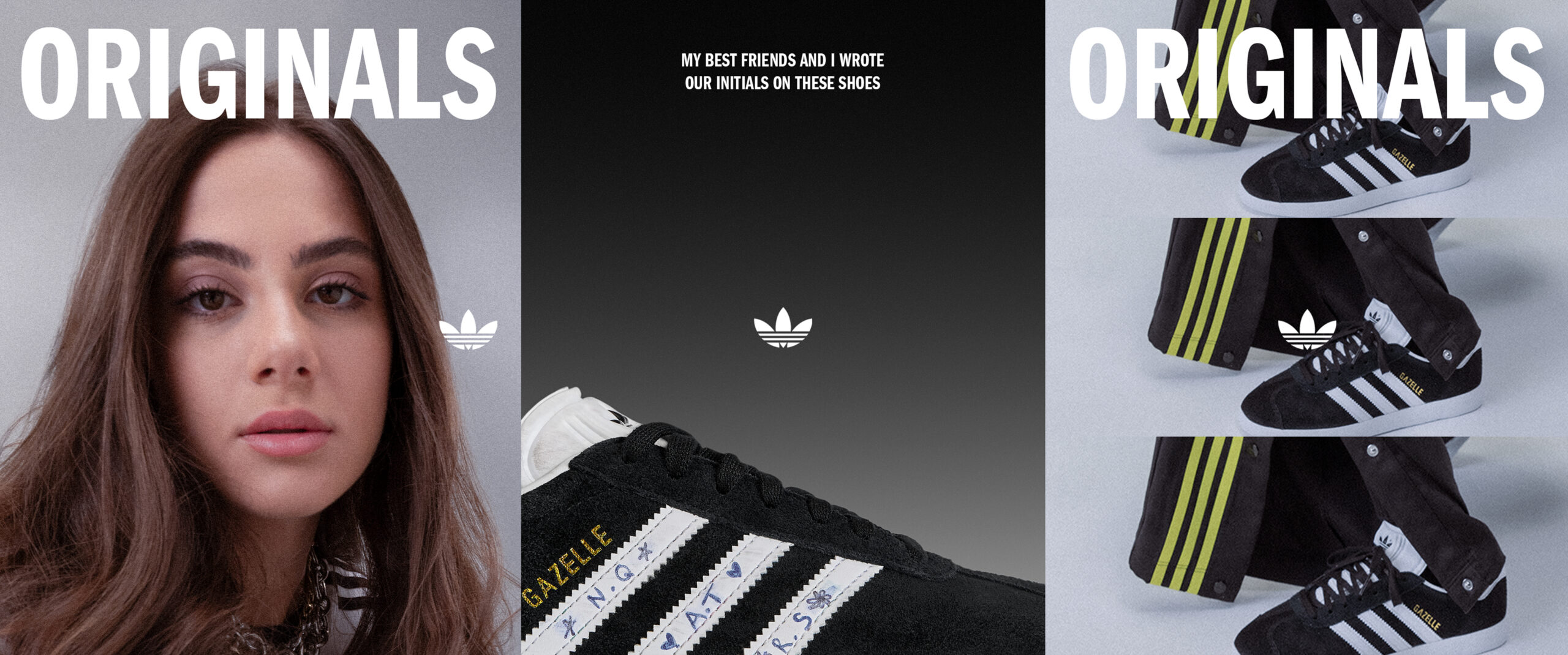
Cultural relevance
In an age when distrust has permeated culture and the traditional marketing playbook has crumbled, the strategic approach that brands adopt to communicate with their audience has become critical for their progress.
This is especially vital when considering that the dynamic between brands and audiences has transformed radically.
Most brands no longer have the same importance, and neither are they guaranteed to be a source of aspiration and hold value simply because of their legacy.
Those changes have been driven largely by evolving audience expectations: today’s generation defines itself first and foremost with its personal identity, values, passions and interests, instead of defining itself through brands.
They want brands to play a more meaningful role in their lives beyond just offering products or services.
Amidst this new landscape where truth and authenticity are constantly in question and consumers have an excess of options to choose from, brands need to reflect and redefine how they earn trust in today’s world.
That’s why now, many successful brands have retreated from directly pushing their customers into the commercial funnel and selling their products.
Instead, they have unlocked immense success by being original and relevant, and engaging with those aspects of culture that resonate with their audience and connect authentically to the brand.
As revealed in VICE Media Group’s latest Culture of Trust report, culture permeates our lives today – from relationships, to passions, to the issues people care about most.
Culture not only helps the new generation find its place in the world, but also shapes how they see themselves and the world.
Driving a brand’s role and identity through cultural relevance therefore creates deeper and more meaningful relationships with consumers – which in turn drive differentiation and salience.

Adidas Originals
The new global campaign for the iconic adidas Originals is a perfect example of mastering this cultural zeitgeist.
A global repositioning campaign built regionally by VIRTUE, the creative agency powered by VICE, the initiative honored the sneakers’ trailblazing credentials by spotlighting 17 regional artists or ‘Originals’ alongside their Originals shoes – narrating the culturally transformative stories of the brands’ three hero sneakers: the Superstar, the Gazelle, and the Samba.
By honoring the diverse cultural pioneers who are ushering in a new chapter for the brand, the adidas campaign successfully assumed a greater role in the lives of the brand’s passionate followers and shape the world they live in – by championing the things they care most about.
Leaning into the motto “We gave the world an Original, you gave us a thousand back,” the campaign became an instant celebration of the people shaping the cultural values that makes adidas what it is today.
Brand campaigns today that seek to tap into the vast reservoir of public memory must make people stakeholders of the brand and honour them for being their true selves – and that’s exactly what the VIRTUE campaign for adidas achieved by keeping the brand Original.
In many ways, this is as defining a moment in the cultural history of adidas as the 1980s, when hip-hop band Run DMC’s hit performance of “My Adidas” at Maddison Square Gardens became a spontaneous celebration of Adidas Superstars throughout the audience and sparked a sneakers frenzy.
A campaign or an initiative today that goes beyond evoking emotion to indelibly influencing culture is certainly an enduring asset for any brand – but as the example above demonstrates, it’s not easy to execute.
Being culturally relevant means proactively mapping the shifts in what audiences want and adopting a more holistic approach to engaging audiences than offered by traditional advertising.
A brand calling themselves Originals needed to redefine what that means in today’s cultural landscape – that’s why the campaign collaborated with those truly shaping the future instead of simply inviting influencers.
Co-creating with people of influence and originality to tap into the communities that build and define culture, is exactly what brands need to be doing to truly have relevancy and/or cultural currency.
At one level, each hero sneaker represented a gateway into skateboarding, football, lifestyle and basketball communities, connecting the dots to build a bigger tapestry into culture.
At another level, this was a fabulous demonstration of the power of influence that is now shifting away from individual influence to collectives and communities.
By highlighting the stories of people behind the shoes, the paths that these individuals have walked and the way they have impacted their communities to stay Original, the campaign drove home the realization that the shoes might all be the same but each person behind the shoes has a different story to tell and that makes them the Originals.
By embracing honesty, transparency, and spontaneity, by working with partners that reflect the same brand values, by embracing the region’s cultural ethos, and by encouraging co-creation between customers and brands, the adidas campaign not only unleashed the next frontier of culture and creativity globally but also proved that staying original and being culturally relevant can pay incredibly powerful dividends.
By Ciaran Bonass, Executive Creative Director AMEA at VICE Media Group









